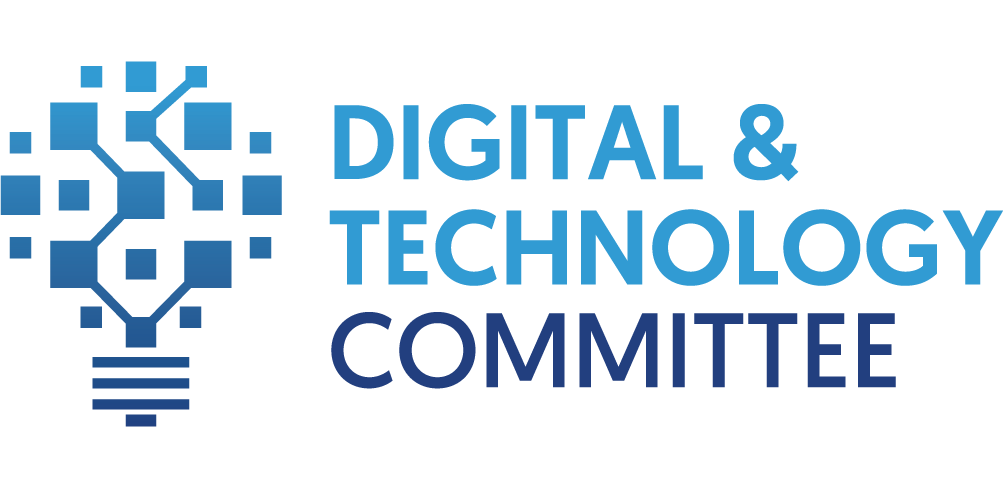Issue Description
Cloud computing adoption is still in its infancy in Cambodia, despite the country’s ongoing digitisation drive. While a few businesses have started using cloud services, their maturity level is often weak, as they use a limited range of capabilities and fail to grasp the full potential of cloud computing. The existing cloud solutions that are most commonly used include Software-as-a-Service (SaaS) such as Gmail or Dropbox. However, the adoption of other forms of public cloud services such as Platform-as-a-Service (PaaS) and Infrastructure-as-a-Service (IaaS) is still very low.
Nevertheless, the situation is looking more promising now that major international cloud providers are entering the Cambodian market. The arrival of these providers is driven by the discovery of new cloud computing technologies and geopolitical competition between American and Chinese tech giants. A small set of businesses in Cambodia are adopting cloud solutions, setting the trend for more mainstream use of these technologies.
Alibaba Cloud officially launched in Cambodia in April 2022, and in August of the same year, the Royal Group, owner of internet provider Ezecom, signed a partnership with Amazon Web Services’ partner eCloudvalley to bring global cloud expertise to Cambodia. The plan is to send a team of cloud computing experts to Cambodia to deliver training and create a locally-based team of experts in cloud migration, cloud training, data solutions, next-generation managed service providers, and automated cloud management platforms.
Despite the increasing adoption of cloud technology by the private sector, the future mainstreaming of these solutions faces two ongoing challenges.
Firstly, the absence of a comprehensive legal framework for data protection in Cambodia increases the uncertainty for investors on whether to commit to the market. Future regulations regarding cross-border data flows will play an important role in either accelerating or restraining cloud computing adoption.
Secondly, the overall novel state of the industry requires the championing of large stakeholders, such as governments, to push for wider adoption by the private sector. So far, however, the Royal Government of Cambodia’s (RGC) levels of adoption of e-government practices have been mixed. While the RGC has implemented online initiatives such as the Cambodian National Single Window (CNSW) platform for online document submission, the country ranks in the bottom three in the United Nations e-government Development Index (EDGI) among ASEAN countries.
The RGC encourages the adoption of digital and cloud-based solutions, mostly through its vision laid out in the Digital Economy and Social Policy Framework 2021-2035. However, the RGC will have to take a stance on data localisation provisions, which regulate where data exchanged electronically must be physically stored to legitimise a cross-border data transaction. Neighbouring countries have pushed towards restricting cross-border data flows through data localisation laws that require data to be stored in the home country or require prior consent from authorities before certain data can be exchanged cross-border. Such significant data protectionism practices can end up stifling the economy, with a detrimental effect on economic growth.
Impact on business
Cambodia risks missing out on the benefits of cloud computing if it fails to lead the way in its mainstream adoption, both in the private and e-government sectors. This could lead to lower levels of cross-border data flows and tech investment in the country, hampering the development of its national digital and digital trade integration agenda.
However, it is particularly in the e-government sector that Cambodia risks being left behind compared to its neighbours. Singapore, Thailand, and Malaysia are leading the way in this area. The Singaporean government is a world leader in the adoption of cloud-based e-government, with 60% of the government workload currently on the commercial cloud. The Thai government has played a major role in driving cloud adoption by signing an MoU with AWS and setting in place several safety cloud standards, such as its Certificate of Cloud Security Knowledge. Malaysia has created a specialised unit within its ministries, the Administrative Modernisation and Management Planning Unit (MAMPU), which is tasked with spearheading the move to cloud across departments.
In conclusion, Cambodia needs to prioritise the mainstream adoption of cloud computing in both the private and public sectors to avoid missing out on the benefits of this technology. The government needs to lead the way in e-government practices and create a comprehensive legal framework for data protection to encourage investment and cross-border data flows. By doing so, Cambodia will be able to achieve its national digital and digital trade integration agenda and stay competitive with its neighbours.
Recommendation
- Adopt a cloud computing framework.
In light of these developments, we encourage the RGC, in particular the MPTC, to promote the adoption of cloud computing on the following three levels:
- By prioritising the adoption a comprehensive data protection framework which takes a balanced and pragmatic approach on allowing cross-border data flows;
- By promoting the adoption of said pragmatic approach on cross-border data flows in future regional upcoming negotiations for ASEAN’s Digital Economic Framework Agreement;
- By leveraging regional e-government best practices to promote cloud-based e-government, including through initiatives such as nominating an ad hoc body responsible for cross-ministerial cloud migration, implementing and upholding cloud certification security standards, and signing partnership agreements with major international service providers on the transfer and promotion of local cloud computing know how.
Through the comprehensive adoption of cloud-based computing in the regulatory, trade policy and e-government spheres, we anticipate that the RGC can fulfil its potential to be a major driver of cloud computing and its mainstreaming in the private sector and the national economy, with expected higher levels of cross-border data flows, trade, investment, and innovation.
Royal government of Cambodia
Initiative from Eurocham: The issue has been raised by the Digital & Technology Committee within The White Book edition 2024 in the Recommendation No. 29.

National Counterparts

Ministry of Posts and Telecommunications
Contributors


